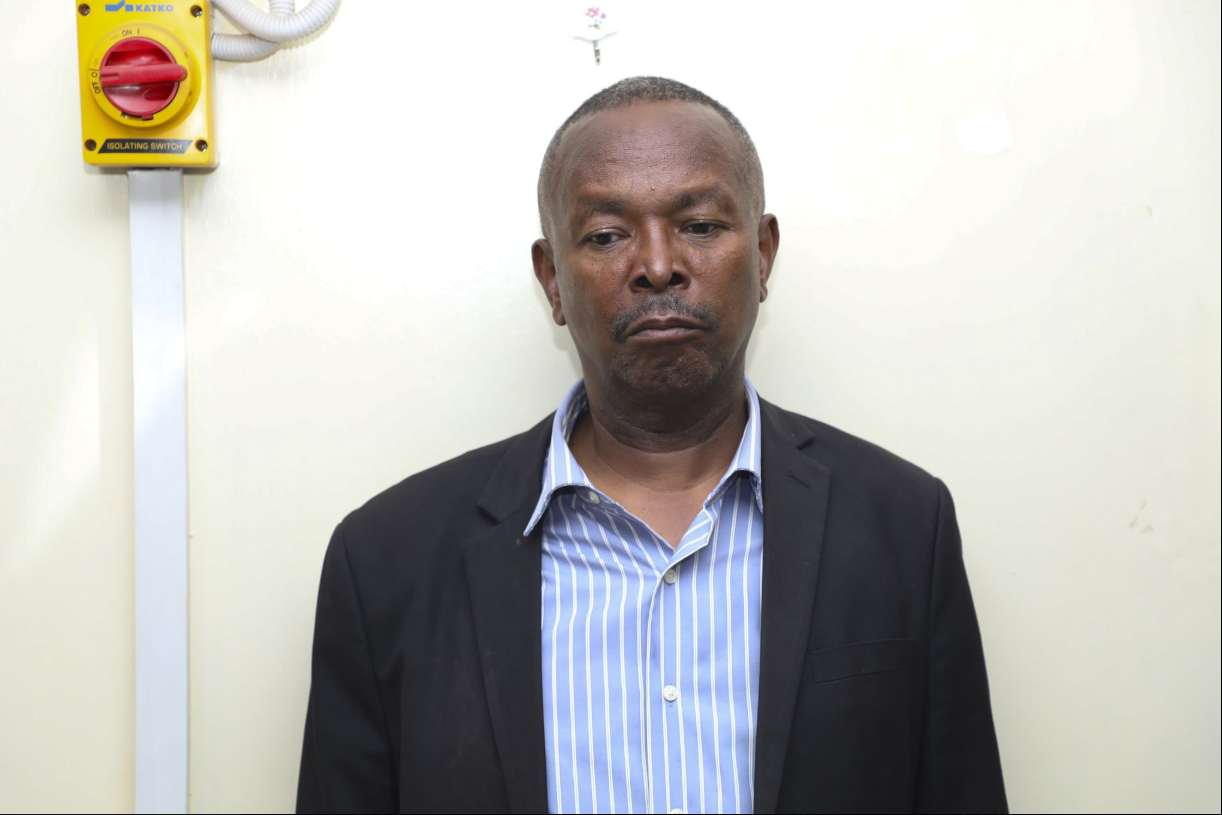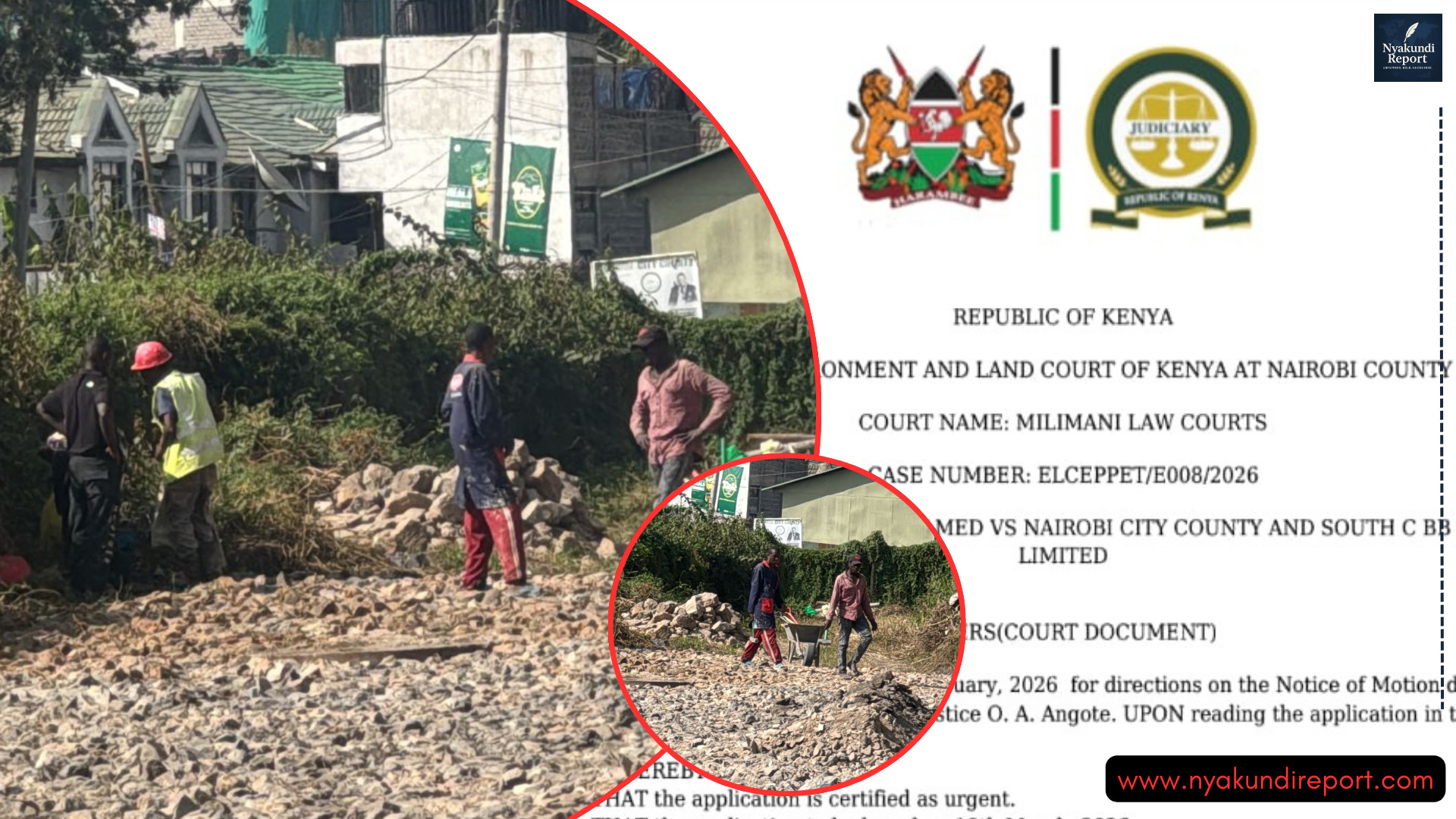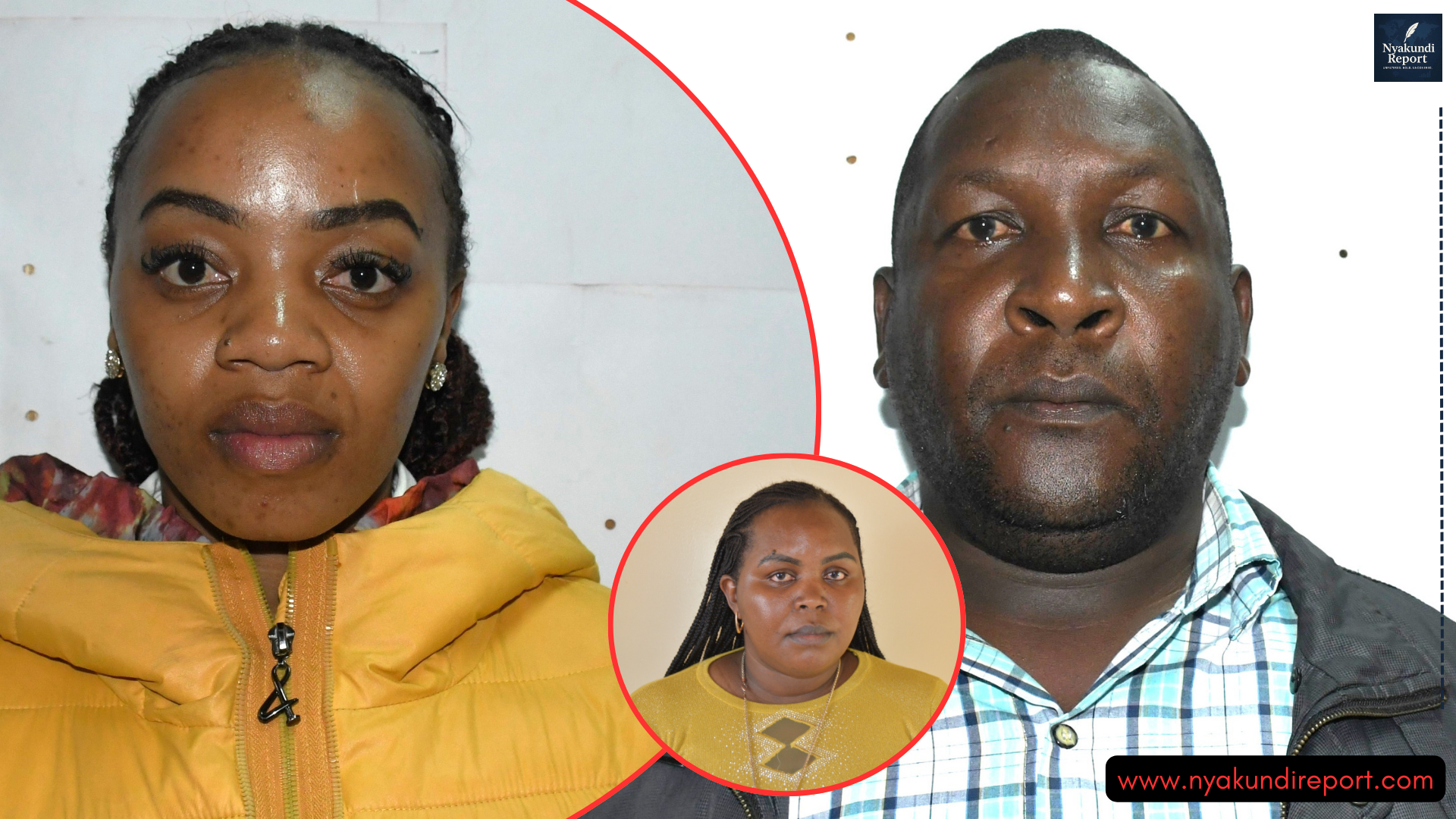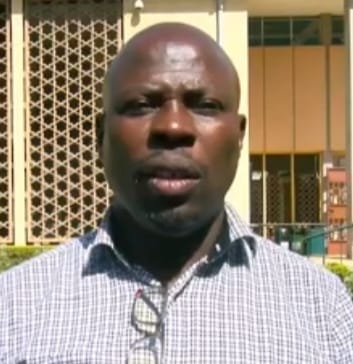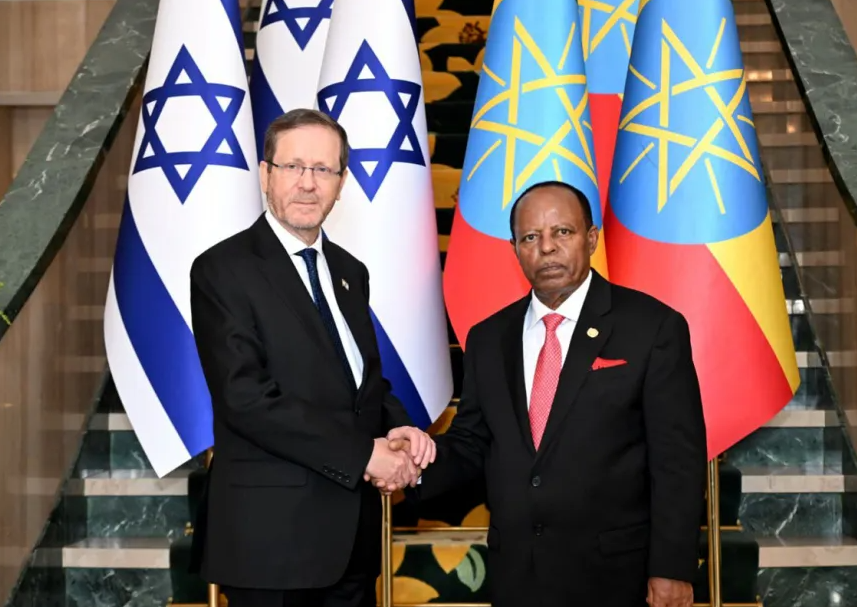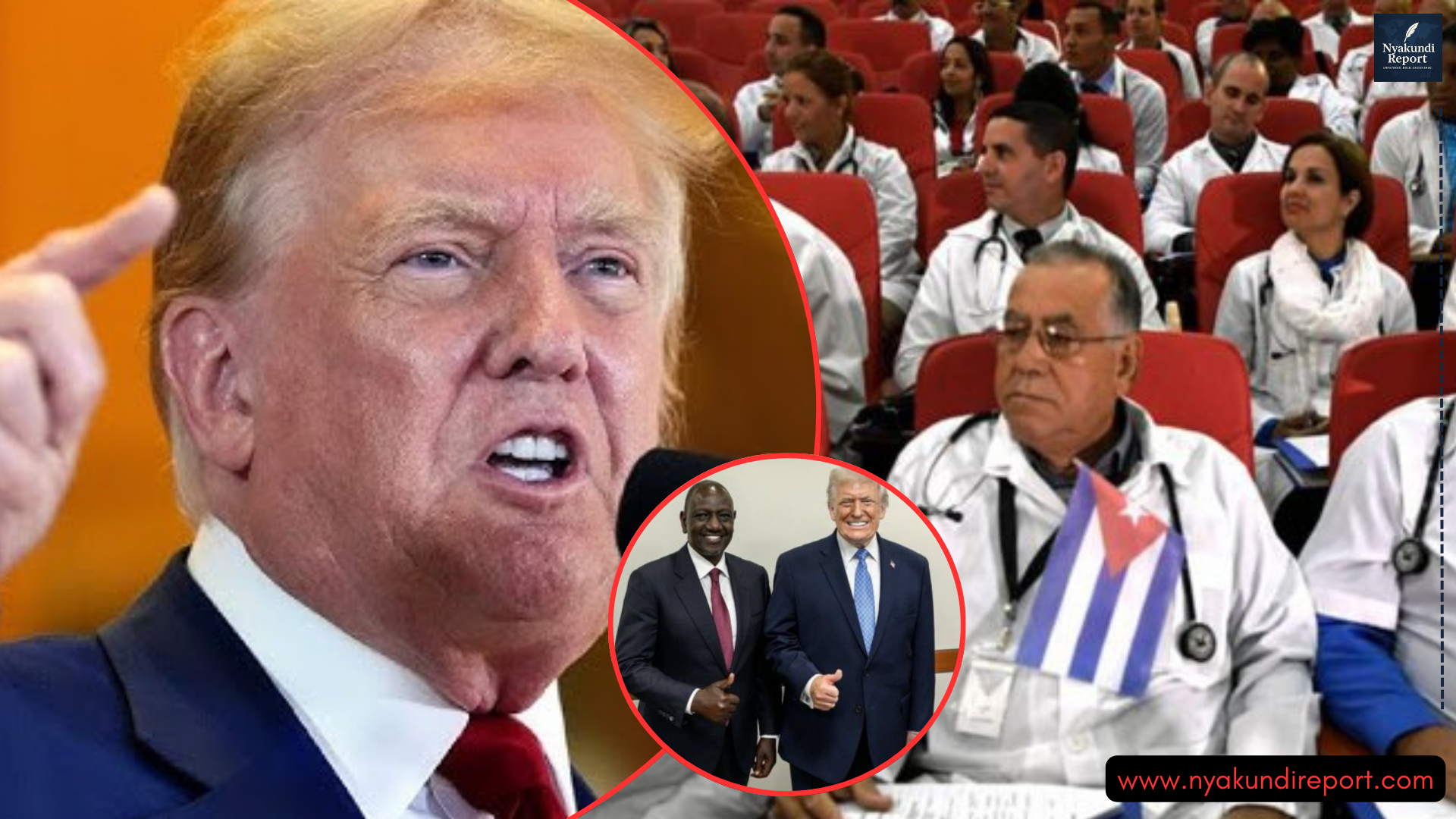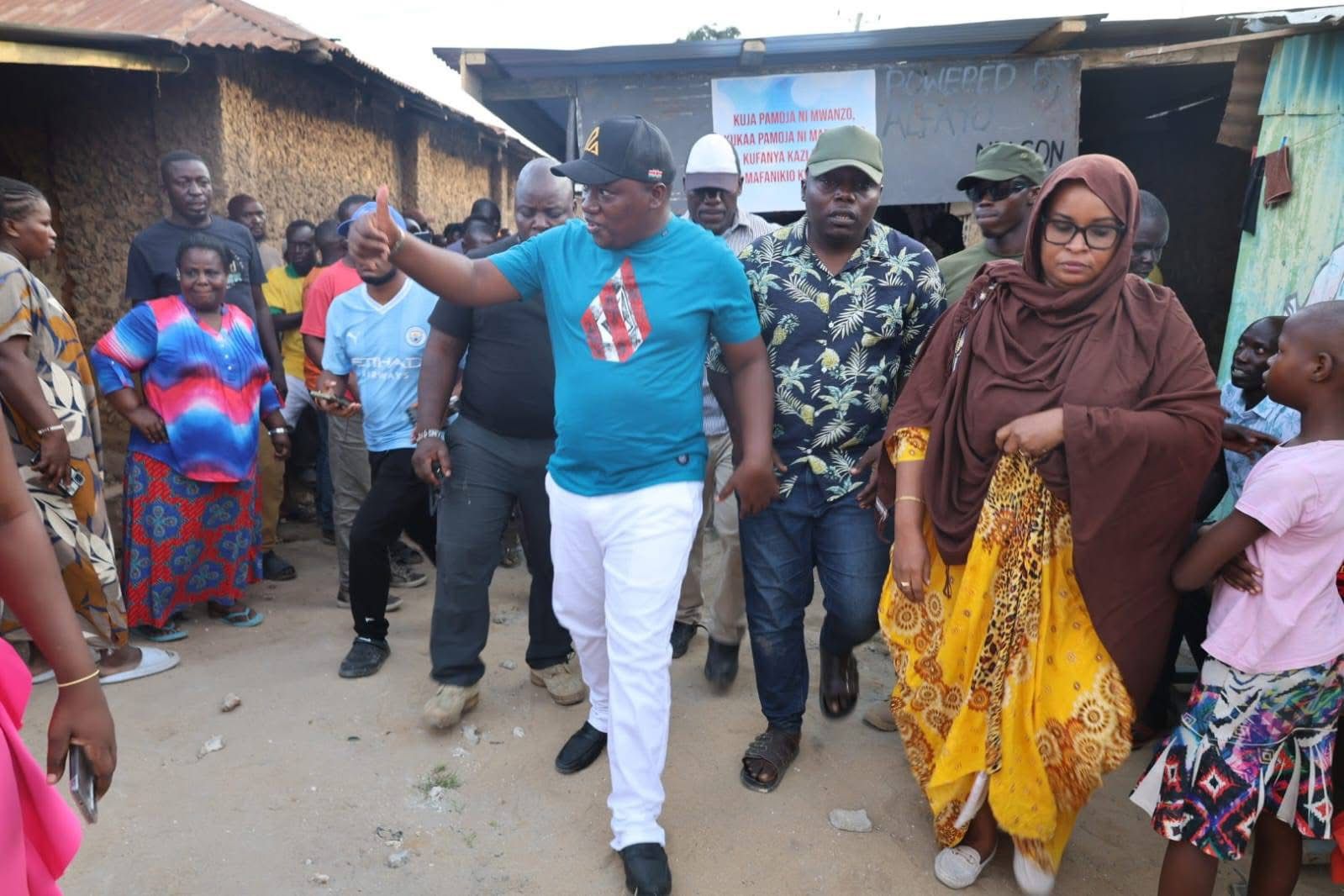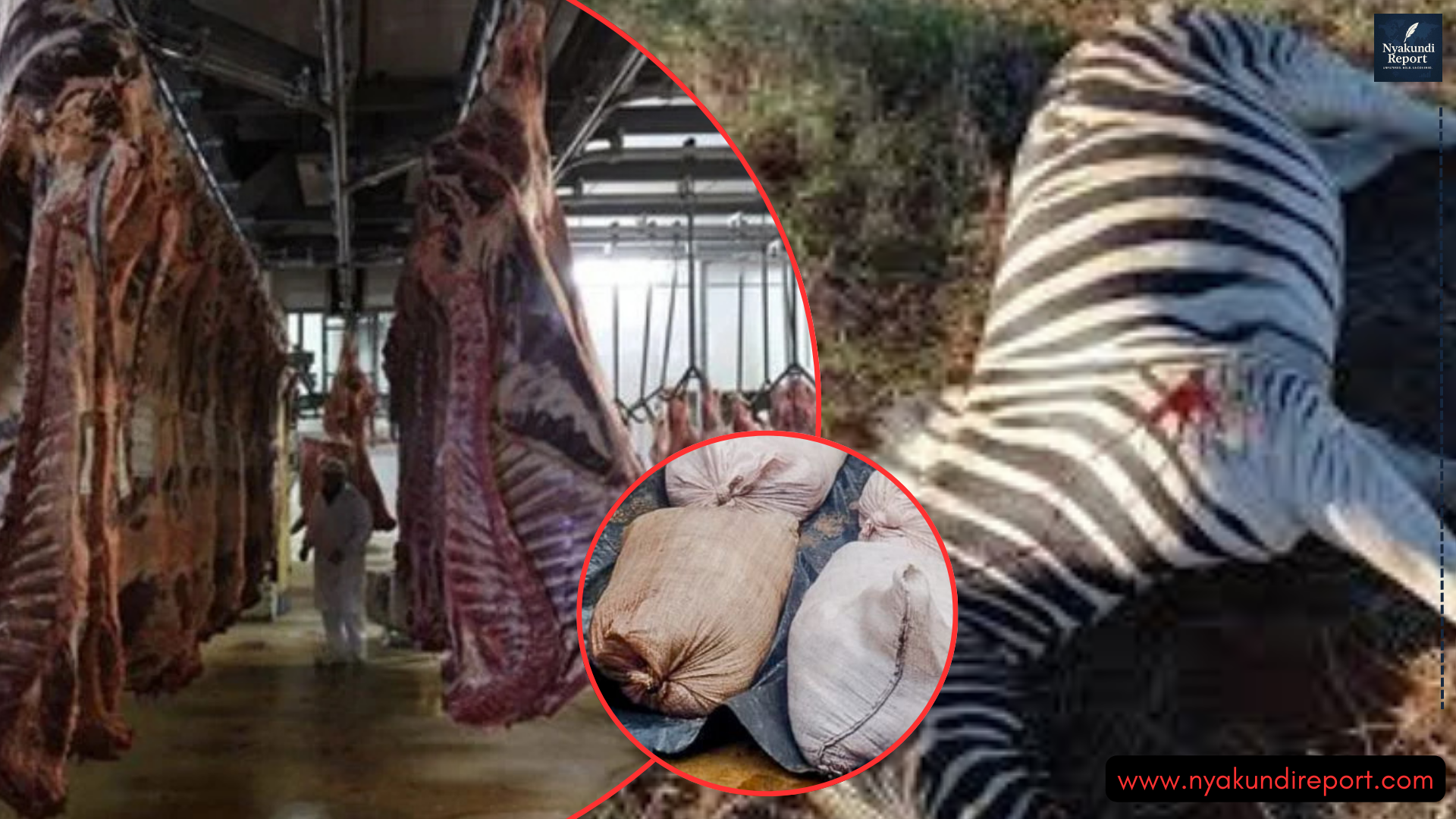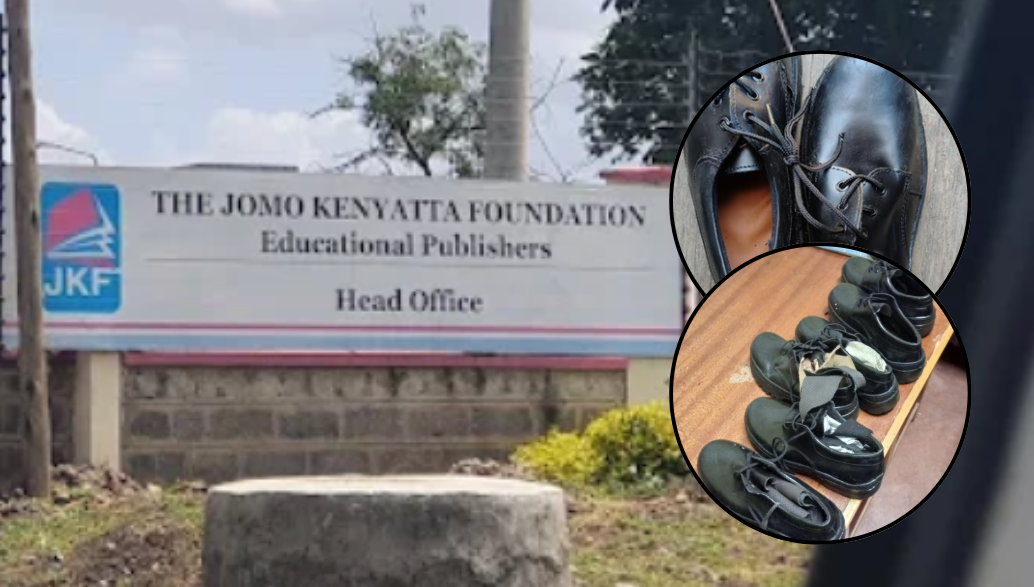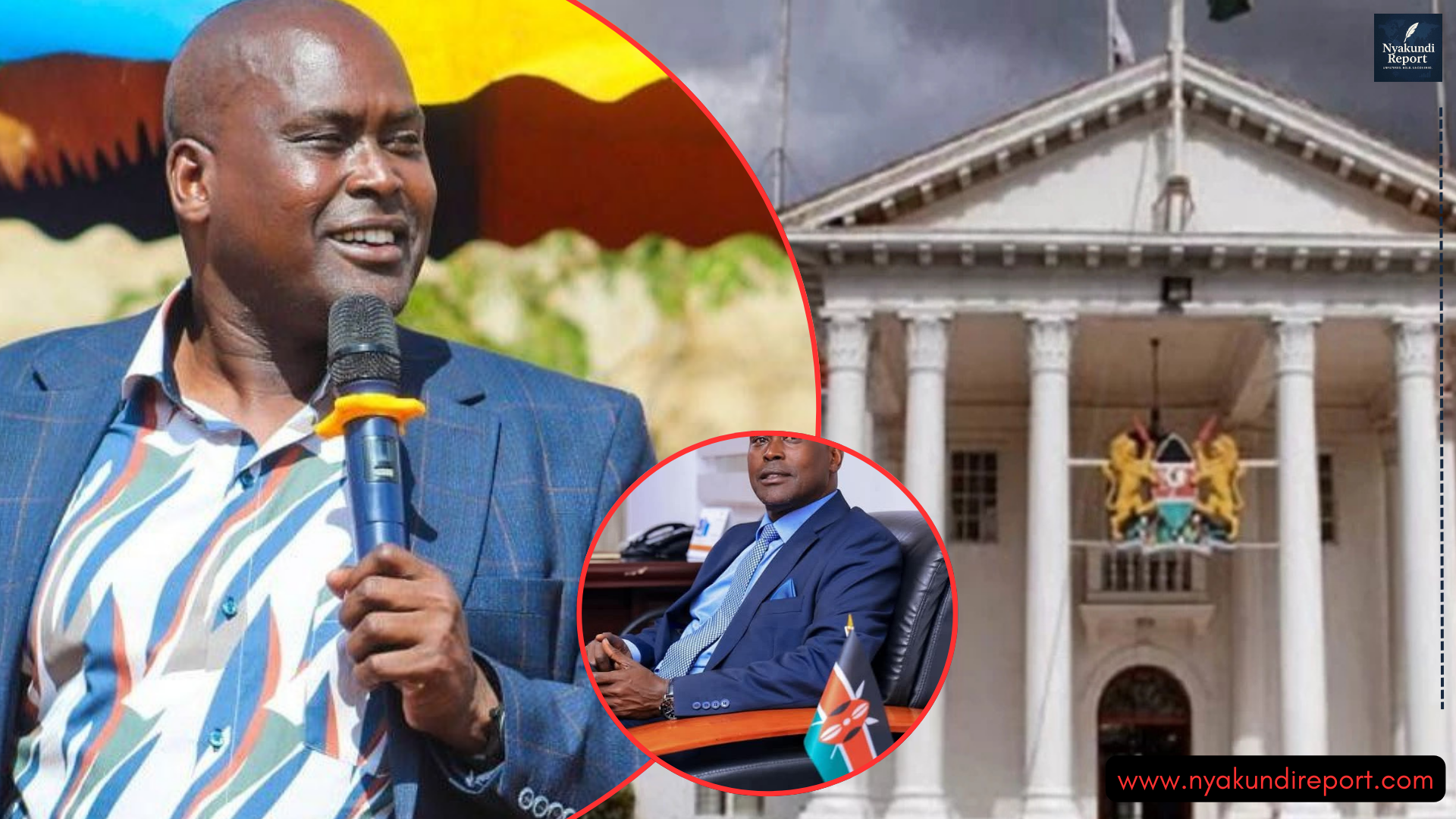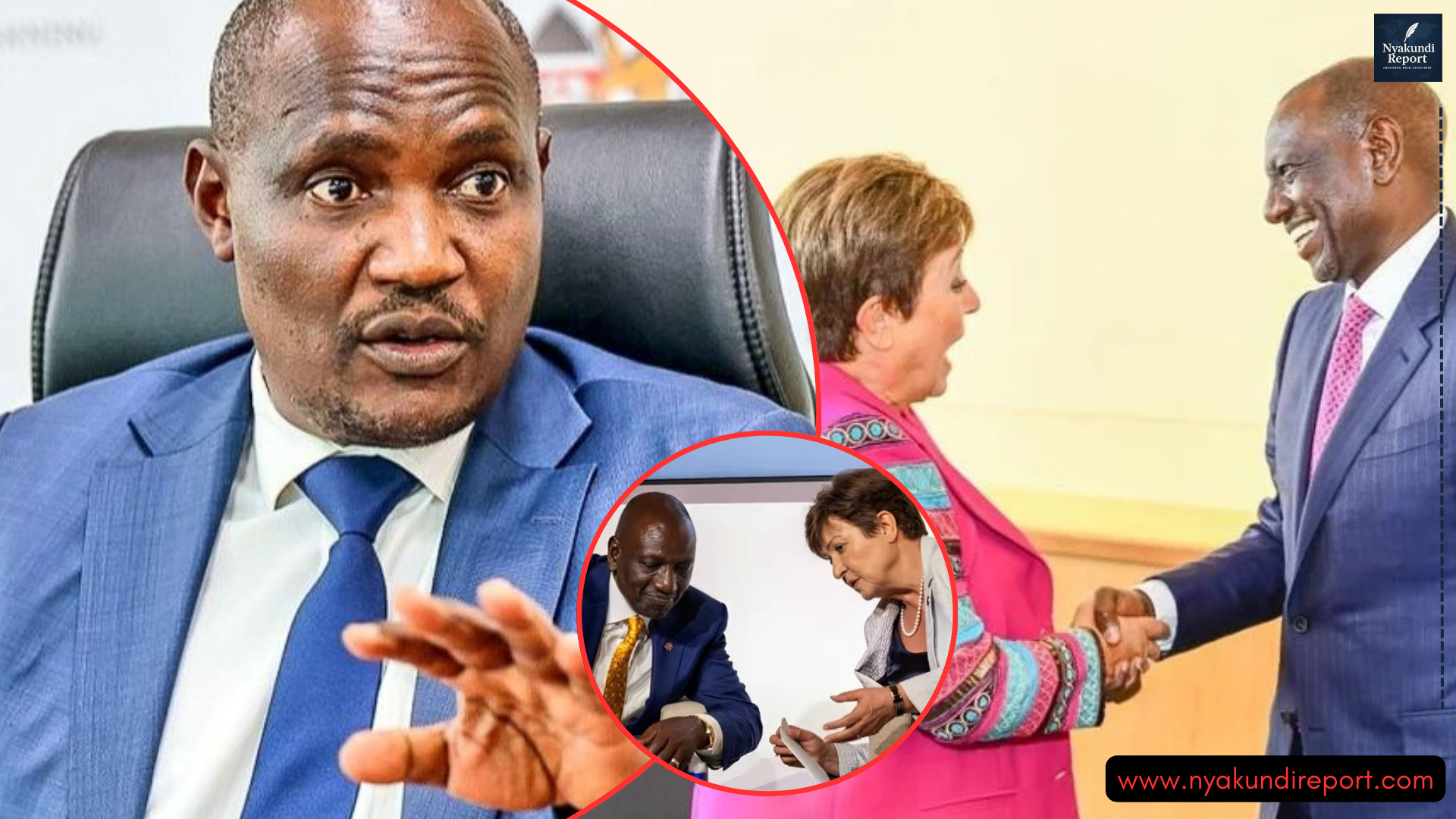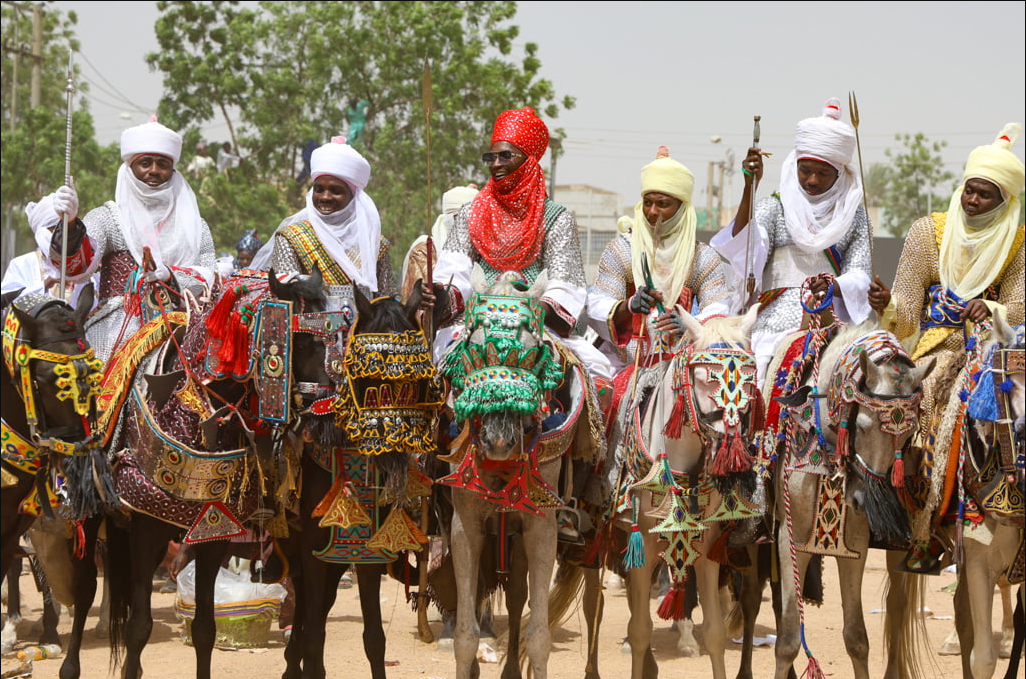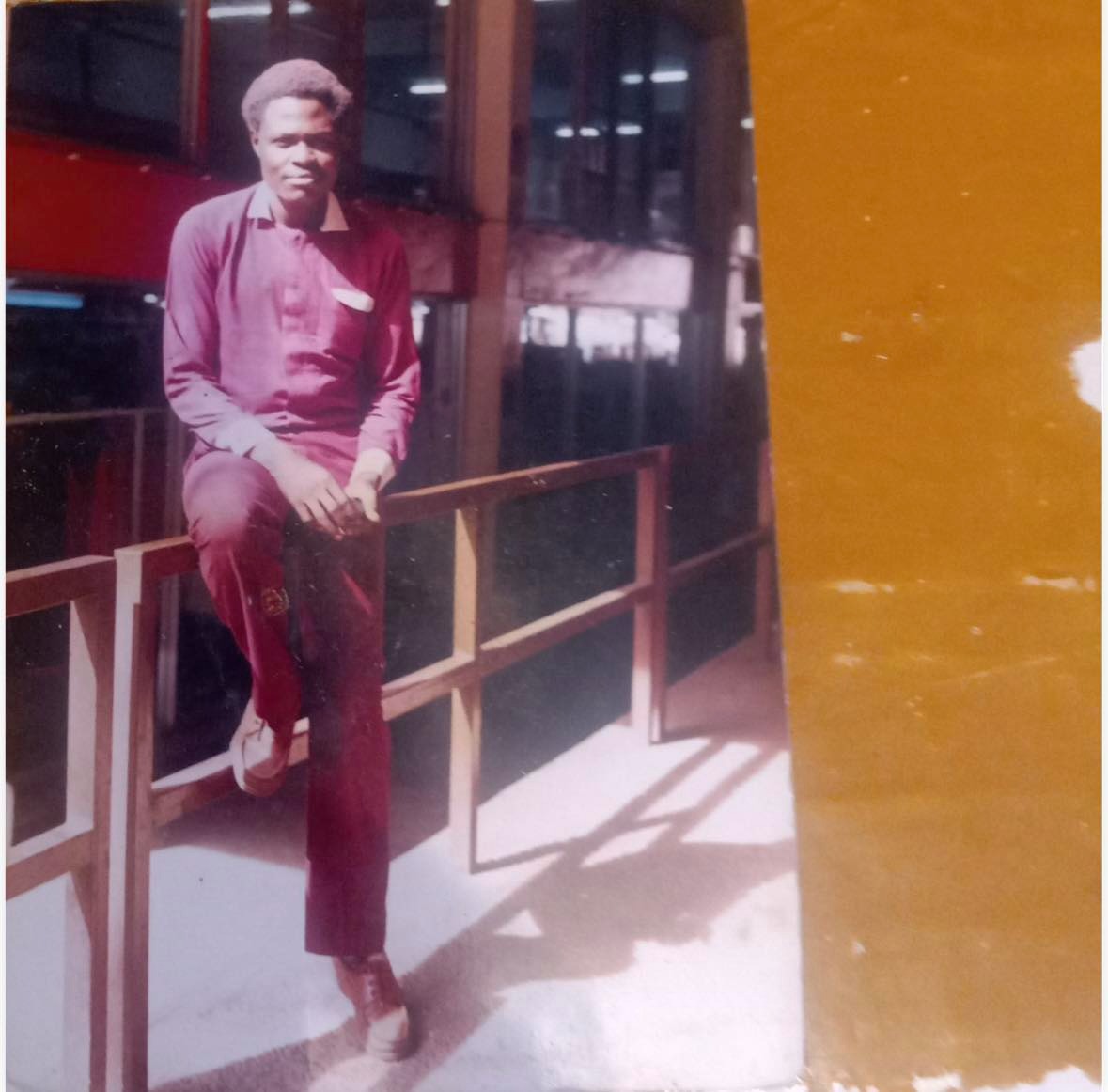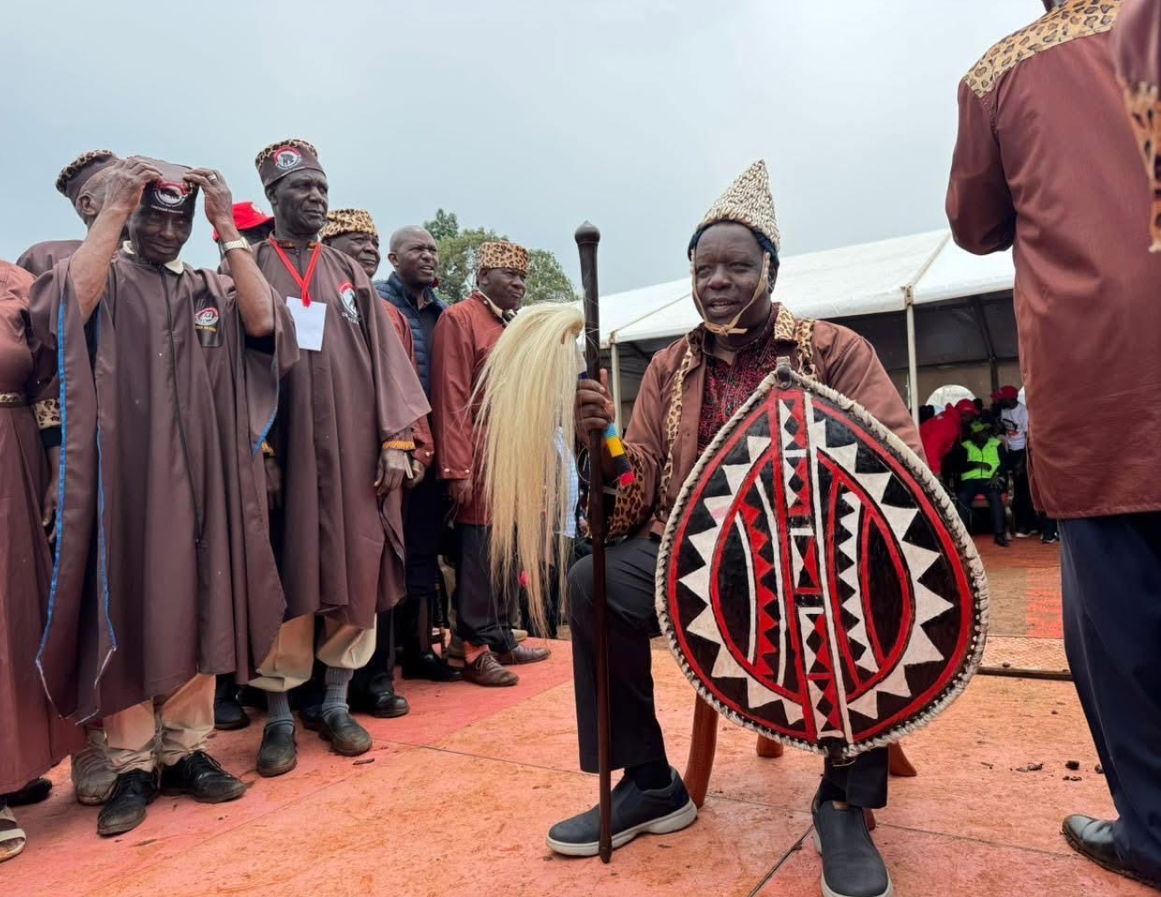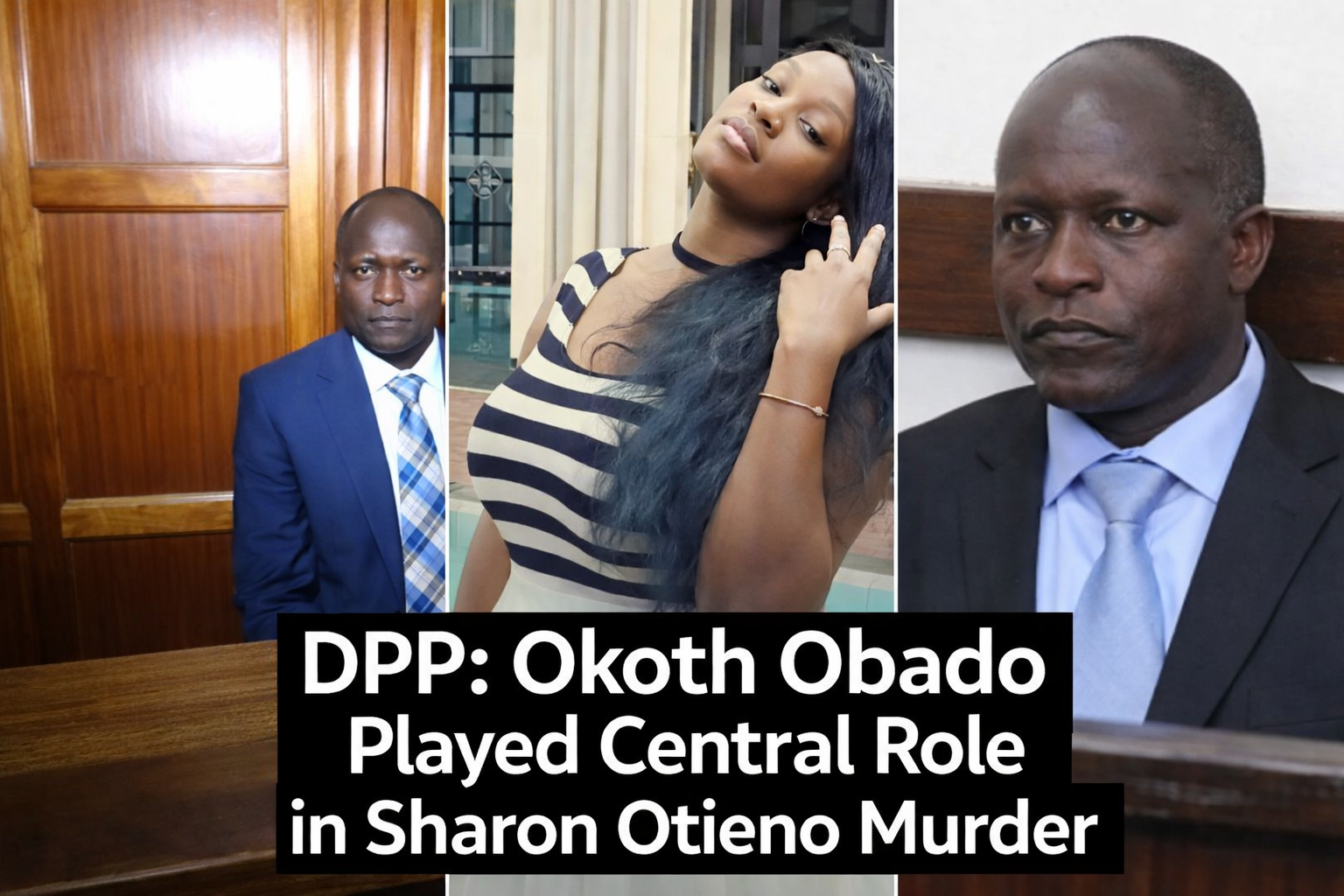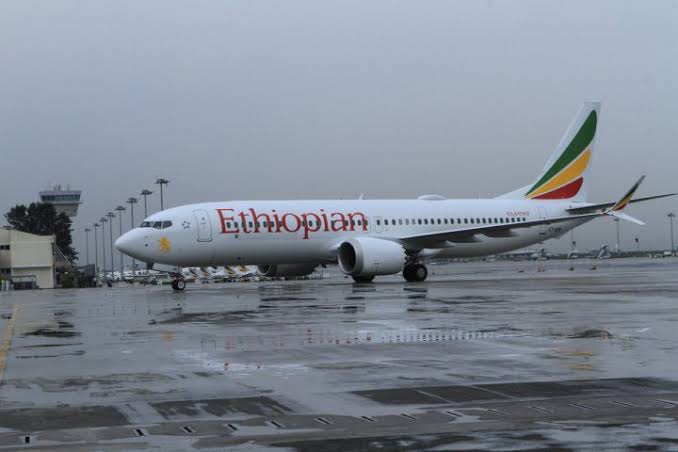The National Cohesion and Integration Commission (NCIC) has summoned Nyeri Governor Mutahi Kahiga over controversial remarks he made regarding the death of former Prime Minister Raila Odinga.
The Commission accuses the governor of using divisive language that could fuel ethnic tension and disrupt national unity.
Kahiga, who recently resigned from his role as vice chair of the Council of Governors, has since issued a public apology, saying his comments were taken out of context. NCIC says it will not tolerate inflammatory rhetoric from leaders or citizens.

NCIC Takes Action Over Kahiga Remarks
The National Cohesion and Integration Commission has officially summoned Governor Mutahi Kahiga to appear before it in Nairobi.
According to NCIC Chairperson Dr. Samuel Kobia, the governor’s words violated Sections 13 and 62 of the NCIC Act. These provisions outlaw hate speech, ethnic contempt, and any expression that promotes discrimination or hostility among Kenyans.
The Commission said it had conducted a preliminary assessment and found Kahiga’s utterances during a public event on October 21, 2025, deeply concerning.
In its statement, NCIC said the remarks threatened Kenya’s fragile peace and cohesion, especially during a period of national mourning. “The Commission has noted with grave concern the comments made by Governor Mutahi Kahiga,” NCIC said. “He is therefore required to appear before the Commission at Britam Towers, Upper Hill, to explain the intent and context of his statements.”
The Commission emphasized that no one, regardless of political standing, will be exempt from accountability under the law.
Kahiga Defends Himself and Issues Public Apology
Governor Mutahi Kahiga moved swiftly to control the political damage caused by his remarks.
Speaking to reporters in Nyeri, the governor expressed regret over the statements that had circulated widely on social media. He clarified that his comments were made in a different context and were not meant to insult or demean the late Raila Odinga or his supporters.
“I want to sincerely apologise to our mourning nation, to the family of the late Prime Minister Raila Odinga, Mama Ida Odinga, her children, the Luo Nation, and Kenyans at large,” Kahiga said.
He added that his words did not represent the views of the Mount Kenya region or his party, the United Democratic Alliance (UDA). “Those remarks were purely my own, and they do not reflect the position of my community or the party I represent,” he said.
The apology came shortly after Kahiga tendered his resignation as vice chairperson of the Council of Governors (CoG). The move, political analysts say, was an attempt to ease pressure from both the national government and the opposition.
NCIC Warns Political Leaders Against Divisive Speech
Following the controversy, NCIC issued a strong warning to politicians across the country.
The Commission reminded public leaders that their words carry great influence and that reckless speech can easily inflame ethnic divisions. “We urge all leaders to exercise restraint and promote peace, tolerance, and unity in their public statements,” said Dr. Kobia.
He added that NCIC will take decisive and lawful action against any individual, regardless of rank, found guilty of promoting hate or discrimination. The Commission also called on Kenyans to report any form of hate speech or incitement through its official hotlines and website.
NCIC reiterated its commitment to safeguarding the peace and stability of Kenya, especially during emotionally charged political moments.
Political Fallout and Public Reaction to Kahiga Remarks
The controversy surrounding the Kahiga remarks has sent shockwaves across the political landscape.
Opposition figures have demanded that the UDA party take disciplinary action against the Nyeri governor, arguing that his comments undermined the spirit of national unity. ODM officials accused Kahiga of disrespecting the memory of Raila Odinga, describing his words as insensitive and uncalled for.
Within Mount Kenya, reactions have been mixed. Some local leaders have defended Kahiga, insisting that his comments were misinterpreted, while others believe the apology came too late to repair the damage.
Political observers note that the incident has put the ruling party in a difficult position, as it tries to balance freedom of speech with the need to curb inflammatory rhetoric.
For Kahiga, the NCIC summons marks another hurdle in a week of political turmoil. His apology and resignation have done little to quell the public outrage or the ongoing investigations.
The Commission’s move signals a tougher stance on hate speech enforcement ahead of the next election cycle. It also serves as a reminder that leaders will be held accountable for their words, especially when they threaten peace or national cohesion.

